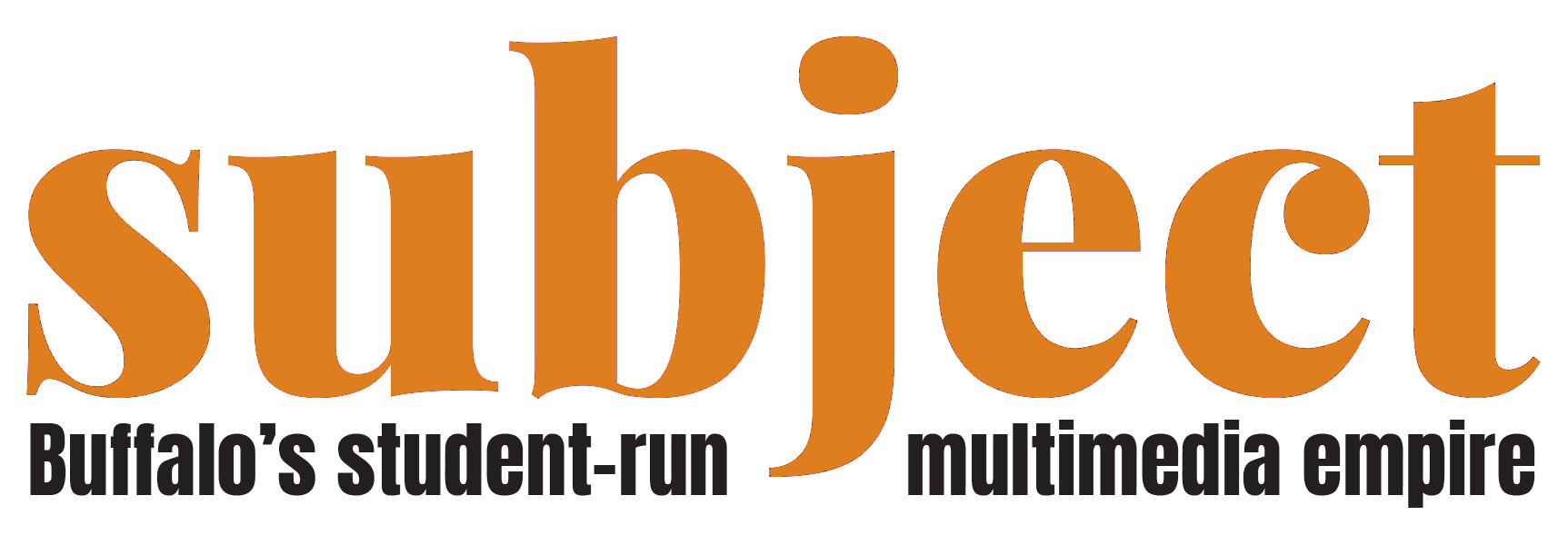
The Sunday Subject – June 18, 2023
Donald Trump pleaded not guilty to 37 criminal charges related to his mishandling of classified documents.
It is the first time a current or former American president faces charges in a federal court. According to the indictment, Trump stored confidential papers throughout his Florida residence, including documents containing sensitive information concerning the defense and weapons capabilities of both the United States and foreign nations, including America’s nuclear programs. The former president vowed to remain in the presidential race, even if he is convicted.
Boris Johnson resigned as an MP ahead of a long-awaited report that found him guilty of repeatedly lying to Parliament.
The parliamentary Privileges Committee determined that Johnson deliberately misled Parliament about parties held in Downing Street during pandemic lockdowns when he was prime minister. It concluded that he had demonstrated “serious contempt” for which there was “no precedent,” and recommended a suspension from Parliament for 90 days. Johnson claimed the report was a “political hit job.”
Silvio Berlusconi, Italy’s former prime minister, died aged 86.
Berlusconi led four governments for the center-right Forza Italia party between 1994 and 2011, making him the country’s longest-serving prime minister. His tenure was rocked by corruption allegations, sex scandals and a conviction for tax fraud. The unapologetic populist was still a force in politics at the time of his death.
Germany published its first-ever national security strategy.
It warned that Russia poses the “most significant threat to peace.” It also stated China acts “time and again counter to [Germany’s] interests and values,” though it insisted that China “remains a partner without whom many challenges and crises cannot be resolved.” The 76-page document, meant to bring coherence and purpose across the government, reiterated Germany’s commitment to increase defense spending, to the European Union and NATO, as to relationships with key partners such as America and France.
European lawmakers voted to approve the AI Act.
The legislation, which would be one of the world’s first major laws on AI, would ban high-risk systems such as predictive policing and introduce guardrails on generative AI. EU member states, the Parliament and the Commission will negotiate a final stance by the end of the year. Meanwhile, the European Commission brought new charges against Google over alleged anti-competitive practices in the advertising-technology sector, warning it may need to sell part of its online advertising business.
